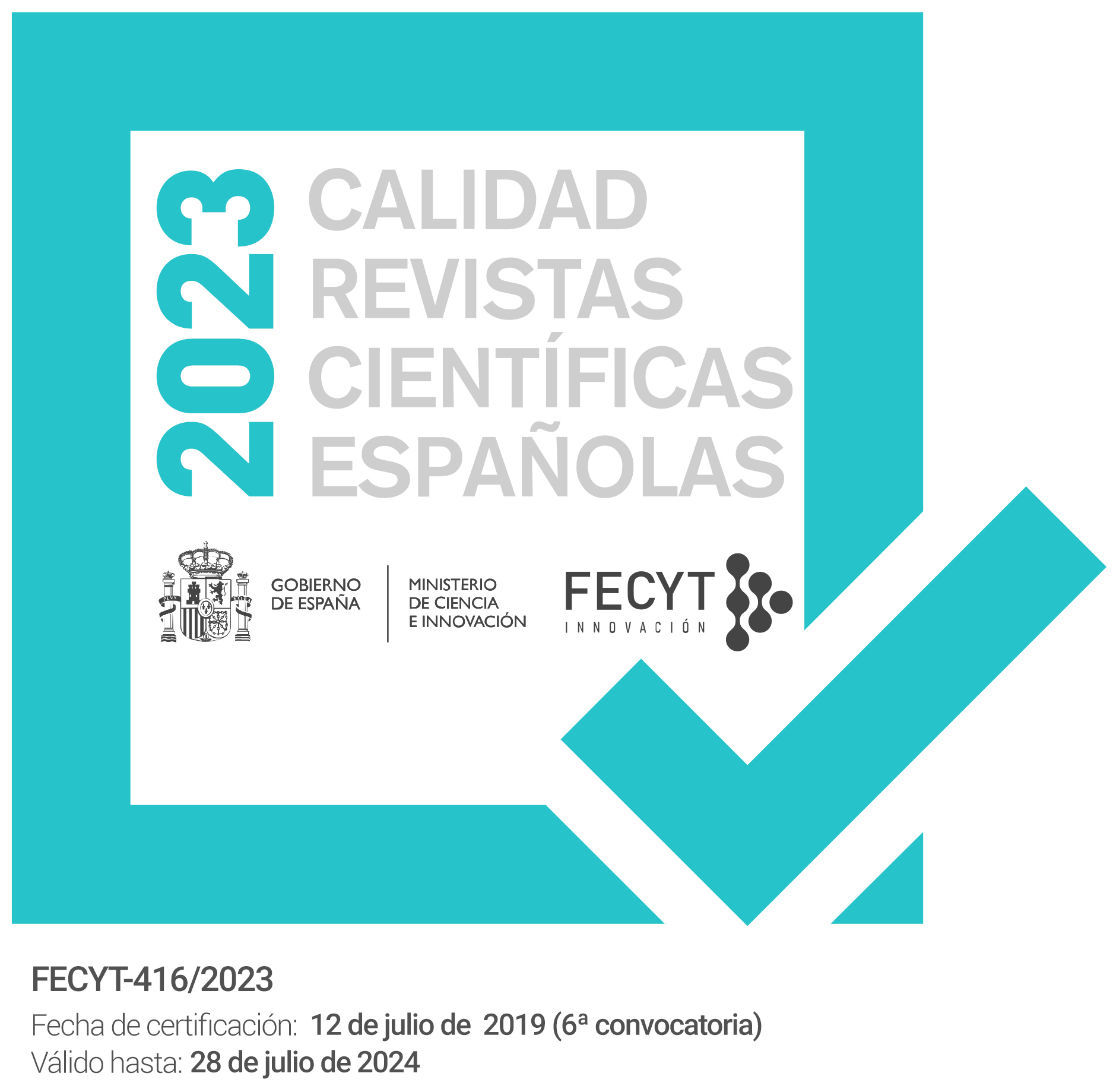The Transformation of History: the Historical Exemplum
DOI:
https://doi.org/10.51349/veg.2022.2.03Keywords:
Exemplum, History, Chronicles, Rhetoric, John I of CastileAbstract
This paper examines the blurred boundaries between the historical narrative and the exemplum. After outlining the main links between the two and the fundamental role of rhetoric to each, the study turns to a specific case: the unexpected death of King John I of Castile. This event is captured in literary form in Alfonso Álvarez de Villasandino’s poem Crónica de Ayala, as well as Diego Rodríguez de Almela’s Crónica del Despensero and Valerio de las Estorias escolásticas e de España. Drawing from these examples, the article posits four basic principles that underpin the composition of the historical exemplum.
Downloads
References
Baena, J.A. (1993): Cancionero de Juan Alfonso de Baena (B. Dutton; J. González Cuenca, eds.), Visor Libros, Madrid.
Bizzarri, H.O. (2019): La otra mirada: el exemplum histórico, Lit Verlag, Münster.
Bremond, C., Le Goff, J.; Schmitt, J.C. (1982): L’exemplum, Brepols, Turhout.
Cicero, M. T. (1997): Rhetorici libri duo qui vocatur De inventione (E. Stroebel, ed.), 2 vols., Teubner, Leipzig.
Gobi, J. (1991): La scala coeli de Jean Gobi (A.-M. Polo de Beaulieu, ed.), CNRS, París.
Gil de Zamora, J. (1955): De preconiis Hispanie (M. Castro y Castro, ed.), Universidad de Madrid, Madrid.
Guenée, B. (1980): Histoire et culture historique dans l’occidente médiéval, Aubier, Paris.
Lacarra, M.J. (1999): Cuento y novela corta en España, Crítica, Barcelona.
Lecoy de la Marche, A. (1877): Anecdotes historiques, legendes et apologues tirés du recueil inédit d’Étienne de Bourbon, dominicain du XIIIe siècle, Librairie De Renouard, Paris.
López de Ayala, P. (1997): Crónica del rey don Pedro y del rey don Enrique, su hermano, hijos de don Alonso Onceno (G. Orduna, ed.), Secrit, Buenos Aires.
López de Ayala, P. (2009): Crónica del rey don Juan Primero (J.N. Ferro, ed.), Secrit, Buenos Aires.
Maxime, V. (2003): Faits et dits mémorabiles (Livres I-III) (R. Combès, ed.), Les Belles Lettres, Paris.
Pastoreau, M. (2015): Le roi tué par un cochon, Seuil, Paris.
Rodríguez de Almela, D. (1994): Valerio de las estorias eclesiásticas e de España, Real Academia Alfonso X el Sabio, Murcia.
Suárez Fernández, L. (1977): Historia del reinado de Juan I de Castilla, Universidad Autónoma de Madrid, Madrid.
Von Moos, P. (1988): Geschichte als Topik, Der rhetorische Exemplum von der Antike zur Neuzeit und die ‘historiae’ im Policraticus Johanns von Salisbury, Georg Olms Verlag, Hildesheim-Zurich-New York.
Von Moos, P. (2005): The Use of Exempla in the Policraticus of John of Salisbruy, en Entre Histoire et Littérature. Communication et Culture au Moyen Age, Sismel - Edizioni del Galluzzo, Firenze: 205-255.
Welter, J. T. (1927): L’exemplum dans la littérature religieuse et didactique du Moyen Âge, Occitania, Paris-Toulouse.
Downloads
Published
Issue
Section
License
Copyright (c) 2022 admin admin; Hugo Bizzarri

This work is licensed under a Creative Commons Attribution-NonCommercial-NoDerivatives 4.0 International License.
The articles are open access distributed under the terms of the Creative Commons Attribution-NonCommercial-NoDerivatives (CC BY-NC-ND) Spain 4.0 license. Authors who publish in this journal agree with the following terms:
a) Authors retain the copyright and guarantee the journal the right to be the first publication of the work as well as licensed under a Creative Commons Attribution License that allows others to share the work with a recognition of the authorship of the work and the Initial publication in this magazine.
b) Authors may separately establish additional agreements for the non-exclusive distribution of the version of the work published in the journal (for example, place it in an institutional repository or publish it in a book), with recognition of its initial publication in this magazine.
c) Authors are allowed and encouraged to disseminate their work electronically (for example, in institutional repositories or on their own website) before and during the submission process, as it may result in productive exchanges, as well as a earliest and largest citation of published works (See The Effect of Open Access).



